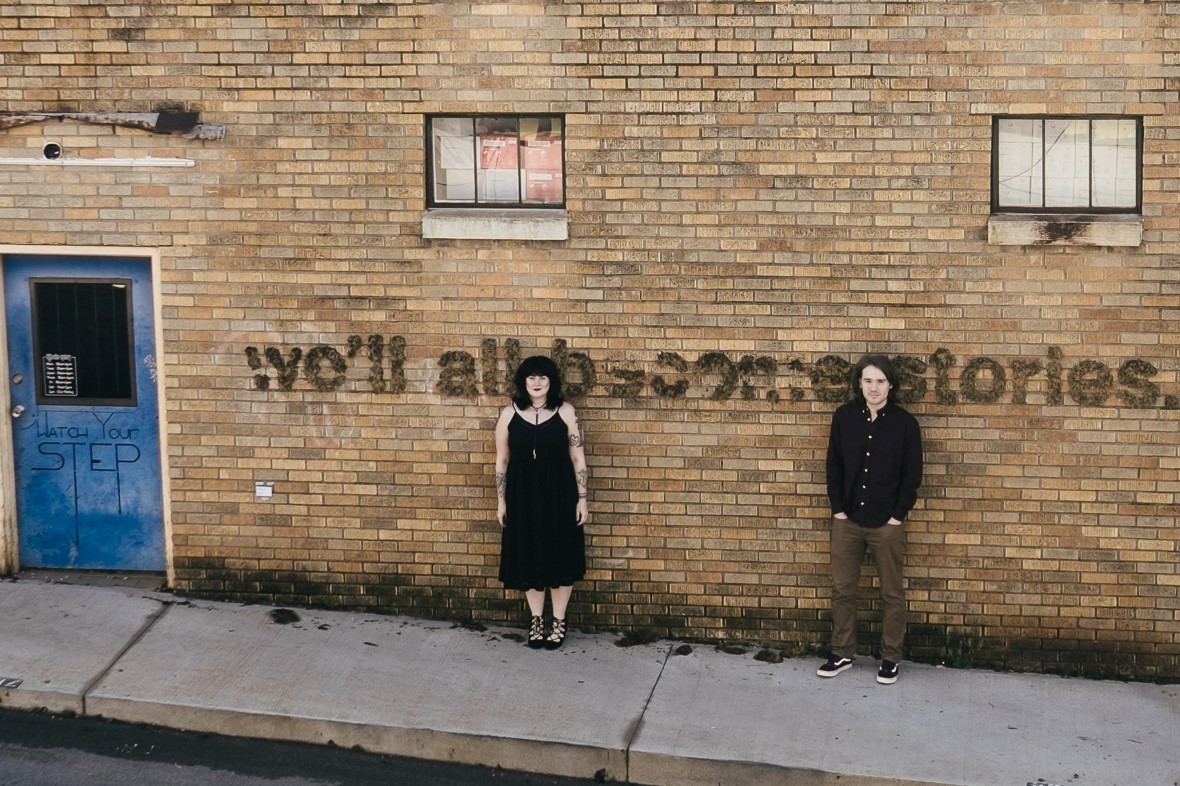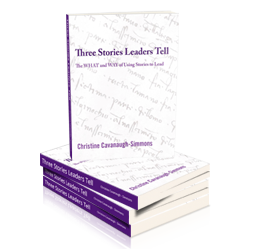How Do You Believe? Questions We Never Ask

For over twenty years I have been working with values, guiding people to a deeper appreciation for where their values have come from and how to understand the identity constituting influences in their lives by tracking them back to their priority values. This process has helped people to be more aware, exercise greater agency, and chose to live the values they had previously associated with dreams or aspirations. The good news is working with values and beliefs was something that had a significant heft in my way of looking at them, so when i came across this question, "How do you believe?” it stopped me in my tracks.
How DO I believe what I believe? I found the question to be one of the most provocative questions I have come across in a while. The poet David Whyte would label this a "beautiful question” because these types of questions stick around our whole life, they expand us and therefore bring about change in the world around us.
The poet David Whyte would label this a "beautiful question” because these types of questions stick around our whole life, they expand us and therefore bring about change in the world around us.
As is my habit, I began to go back to the philosophers and deep thinkers who have contributed to our understanding of how we come to believe what we believe. Knowing this was going to be a wormhole, I still plunged in head first because I knew intuitively it would enrich the work I do to help others engage and shift their relationship with their belief system. Also, embarking on belief systems, an old wondering at the back of my mind that resurfaced was about how belief in God and its various pathways has so often been divisive rather than bringing tolerance and love into the world. So, into the wormhole I went. I was immediately reminded how the various forces in our world that are shaping our beliefs are so complex, and for something so automatic and so pervasive an influence in nearly every moment of our existence, we rarely examine how we came to believe what we do and have the values that we operate from in all of our choices.
A wonderful discovery was that there is something called Neurotheology. A writer and thinker in this area is Dr. Andrew Newberg, a neurobiologist who has been studying the link between how we believe and our neuroscience. He puts forth the ideas that we are biologically driven to find meaning and wholeness throughout our lives. In fact, our brains have the capacity to create and maintain a system of beliefs that can take us far beyond our survival-oriented needs. These belief systems not only shape our morals and ethics, but they can be harnessed to heal our bodies and minds, enhance our intimate relationships, and deepen our spiritual connections with others. However, they can also be used to manipulate and control, for we are also born with a biological propensity to impose our belief systems on others. This innate power of our beliefs to heal or injure, to foster happiness or disease, or generate societal friction or peace is the focus of the book.
Within the study of the brain researchers are gaining a better understanding of the power of words and the meaning as well as emotion that they trigger. For example, when an individual prays, that person is using language and repetition, and expressing various emotions. The individual might also make movements with the hands or the body. As a result, there are many different brain processes that are at play when an individual is engaged in some type of spiritual practice. So, how do we believe? It seems that it’s got a lot to do with how the brain seeks to make things coherent and then animates to body to reinforce, reify and then live into what we believe is real.
Now we come to the reason the brain has such a powerful response to story – research has shown that when we listen to a story things light up all over but especially in the language part of the brain AND the old part of the brain AND the parietal section of the brain all at once, so it’s the integration of the specific parts of the brain that can change minds. How we come to believe what we believe is a part of why we resist change. The change IN THE mind is a real thing that goes on in the brain and we call changing our mind! Stories can do that probably better than anything else, whether it is telling the old story repeatedly or allowing a new story to emerge.
This process of reflection on how did we come to believe what we believe did several things for me. It made me think deeply about the cultural discourse that invades our every belief and how it happens through the stories. It made me question where else might I be influenced by these invisible narratives murmuring through my actions and it got me to think about the things I believe in and how they create forbidden things as well. To quote Adam Phillips in his book “Unforbidden Pleasures”, "every forbidden thing haunts us" meaning what we chose also defines that which we do not.
This beautiful question helped me unpack the process of how we believe in a way that reinforced my understanding of the power of stories to shape beliefs and the importance of even having the ground to stand on that that question creates to enhance a sense of choice and freedom in what I do or do not.
(Image provide by Tanja Heffner)
The Book

Help leaders unlock the power of stories to inspire, engage and guide teams and entire organizations
My Story is My Path
Resources for all those called to leadership who understand the power of words and stories to shape their futures from one of the nation’s preeminent narrative coaches, Christine Cavanaugh-Simmons of CCS Consulting Inc.